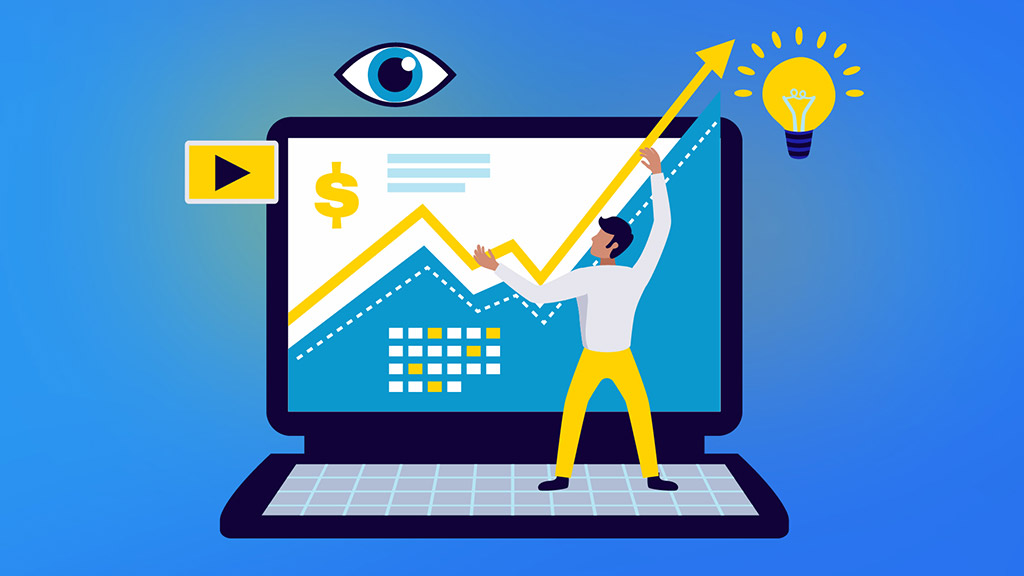Introduction
In today’s digital-first world, businesses must embrace online marketing to stay competitive. Digital marketing refers to the use of online channels such as social media, search engines, email, and websites to connect with customers. It has revolutionized how businesses promote their products and services, providing endless opportunities for growth.
The Evolution of Digital Marketing
Marketing has evolved significantly over the years. Traditional advertising methods such as TV, radio, and print media were once dominant. However, with the rise of the internet, digital marketing has taken center stage. Key milestones include the launch of Google Ads, the rise of social media marketing, and the widespread use of mobile marketing.
Key Benefits of Digital Marketing for Businesses
- Cost-Effective: Unlike traditional marketing, digital marketing is more affordable and offers better ROI.
- Wider Reach: Digital marketing allows businesses to reach global audiences.
- Enhanced Engagement: Businesses can interact with customers in real time via social media, email, and chatbots.
Different Types of Digital Marketing Strategies
Search Engine Optimization (SEO)
SEO helps businesses rank higher on search engines, increasing organic traffic and visibility.
Content Marketing
Creating valuable content builds trust and keeps customers engaged. Blog posts, videos, and infographics are common forms.
Social Media Marketing
Platforms like Facebook, Instagram, and LinkedIn help businesses connect with their target audience.
Email Marketing
Personalized emails enhance customer retention and boost sales.
PPC Advertising
Businesses can run paid ads on Google and social media for quick results.
How Digital Marketing Enhances Brand Awareness
Social media, influencer partnerships, and consistent content creation help businesses establish a strong brand presence online.
SEO: The Backbone of Digital Marketing
Optimizing websites for search engines ensures better ranking, driving more traffic and leads.
Content Marketing: Providing Value to Customers
By delivering high-quality content, businesses can educate and inform their audience, building trust and credibility.
Social Media Marketing: Engaging Your Audience
Leveraging social media helps businesses foster relationships with customers and increase brand loyalty.
Email Marketing: Personalization and Customer Retention
A well-crafted email strategy can generate leads, nurture relationships, and increase conversions.
PPC Advertising: Quick and Effective Results
PPC allows businesses to attract high-intent users quickly, resulting in immediate traffic and sales.
Data Analytics and Performance Tracking
Using tools like Google Analytics, businesses can measure their marketing efforts and optimize for better results.
The Role of AI in Digital Marketing
AI-powered chatbots, predictive analytics, and automation improve customer experience and marketing efficiency.
Challenges of Digital Marketing and How to Overcome Them
Businesses may struggle with competition, changing algorithms, and customer engagement. Consistent strategy refinement and staying updated with trends help overcome these hurdles.
Future Trends in Digital Marketing
Emerging trends like voice search, AI-driven marketing, and immersive technologies (VR/AR) are shaping the future of digital marketing.
Conclusion
Digital marketing is a game-changer for businesses of all sizes. With the right strategy, companies can boost their brand awareness, engage their audience, and drive sales. The future of marketing is digital, and businesses that adapt will thrive.








